[경제노트] (영어로 배우는 국제경제) 'The Deepening...'
Alexis de Tocqueville observed that the love of wealth is at the bottom
of all that Americans do.
That was back in 1835.
And just recently, data from the Federal Reserve confirm that Americans
as a whole are getting dramatically wealthier, thanks mostly to the
stock market.
More important, those riches are financing a spending boom, the likes
of which have never been seen this far into a business cycle.
The Fed"s numbers show that household net worth--total assets minus
liabilities--increased 10% in 1998, to more than $36 trillion.
Assets including real estate, bank accounts, and stockholdings rose
$3.4 trillion faster than liabilities, such as mortgages and consumer
credit.
The asset buildup was led by double-digit percent increases in
corporate equities and mutual funds.
To be sure, the surge in wealth is lopsided.
Fed Chairman Alan Greenspan has said that most of the capital gains
have gone to the upper 20% of income earners.
Meanwhile, 13% of Americans remain in poverty, and 16% have no health
insurance.
But for the economy as a whole, the wealth gusher yields a vibrant
outlook for consumer spending, especially in combination with the surge
in the buying power of income that is resulting from the mix of strong
job markets and falling inflation.
The rule of thumb is that households spend 3 cents to 5 cents of
every new dollar of wealth over the span of two years.
The total 1998 wealth gain gave families between $102 billion and
$170 billion to spend.
That"s enough to account for additional growth of between 1 and 1.5
percentage points in real consumer spending, which has grown 4.5% per
year for the past two years.
Moreover, it would amount to between 0.7 and 1 percentage point of
the economy"s overall growth rate of 4%.
Much of this wealth explosion is probably locked up for years to come,
as baby boomers save for their retirements and their children"s
education.(이하 생략)
=BusinessWeek 4월 26일자에서
-----------------------------------------------------------------------
< 요약 >
일찍이 1백60여년 전에 토크빌이 지적했던대로 미국인들의 바탕에는 각별한
"돈 사랑"이 자리잡고 있다.
이런 기질 덕분인지 최근 미국인들의 평균 재산이 부쩍 늘고 있다.
주로 증권시장의 주가 상승 덕분이긴 하지만, 미국인들은 이렇게 해서
늘어난 재산 중 일정 부분을 소비에 돌려 씀으로써 경기 활황을 지속시키고
있다.
연방준비제도 이사회(중앙은행)의 통계에 따르면 총자산에서 부채를 뺀 미국
가계의 순자산은 98년 한햇동안 10% 늘어난 36조달러에 달했다.
이 기간중 부동산 은행계좌 주식 등을 포함한 자산이 소비자대출분 등의
부채보다 3조4천억달러나 더 증가한 것으로 나타났다.
이처럼 미국인들이 막대한 부를 쌓은 것은 주식과 뮤추얼펀드가 두자리수의
상승세를 보이는 등 증시의 폭발적인 활황에 힘입은 바 크다.
물론 그 와중에서 부의 편재 현상이 한층 심화되고 있는 것도 부인할 수
없는 사실이다.
앨런 그린스펀 연준리 의장은 "자본 소득의 대부분을 상위 20%의 소득
계층이 챙기고 있다"고 지적한 바 있다.
아닌게 아니라 미국 인구 가운데 13%는 아직도 빈곤선 이하의 삶을 살고
있으며, 16%는 의료보험에 가입도 못하고 있는 형편이다.
그러나 어쨌든 미국인들이 평균적인 부의 증대에 비례해서 소비를 늘림에
따라 경기 활성화를 밑받침하고 있는 것은 반가운 현상임에 틀림없다.
이에 따른 "부의 폭발" 현상은 앞으로도 상당기간 지속될 전망이다.
베이비 부머 세대들이 자신들의 노후 및 자녀 교육 등을 위해 저축을
늘려가고 있기 때문이다.
-----------------------------------------------------------------------
< 용어설명 >
<> 베이비 부머 (baby boomer)
2차대전이 끝난 46년 이후 65년 사이에 출생한 사람들.
2억6천여만명의 미국 인구중 29%를 차지하는 미국 사회의 신주도 계층이다.
2차세계대전 기간 동안 떨어져 있던 부부들이 전쟁이 끝나자 다시 만나고
미뤄졌던 결혼도 한꺼번에 이뤄진 덕분에 생겨난 이들 베이비붐 세대는 이전
세대와는 달리 성해방과 반전운동, 히피문화, 록음악 등 다양한 사회.문화
운동을 주도해 왔다.
히피문화는 베이비붐 세대가 앓았던 전형적인 질병중의 하나였다.
현재 빌 클린턴(52) 대통령과 앨 고어(50) 부통령을 비롯 영화감독 스티븐
스필버그 (51) 등 베이비붐 세대의 연장자 그룹이 이미 미국내 정치 사회
문화 등에 영향력을 가진 인물로 등장했고 빌 게이츠(43) 등 40대 들이 그
다음 주자로 떠오르고 있다.
< 뉴욕=이학영 특파원 hyrhee@earthlink.net >
( 한 국 경 제 신 문 1999년 4월 19일자 ).
-
기사 스크랩
-
공유
-
프린트
![[한경에세이] 청소년이 안전한 환경과 역경지수](https://img.hankyung.com/photo/202404/07.36439047.3.jpg)
![[이승우의 IT인사이드] LOL 경기마저 중단시킨 디도스 공격](https://img.hankyung.com/photo/202404/AA.36438603.3.jpg)
![[장석주의 영감과 섬광] 주말엔 K리그를 보러 가자!](https://img.hankyung.com/photo/202404/AA.36438602.3.jpg)
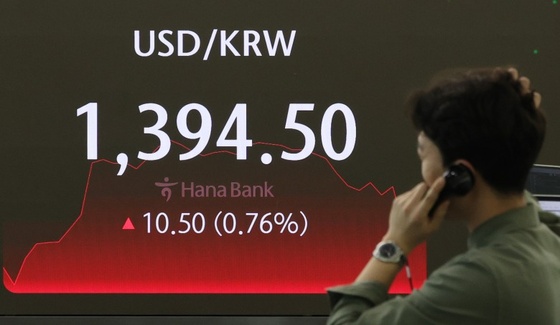
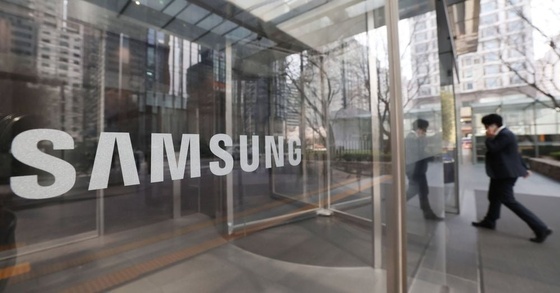
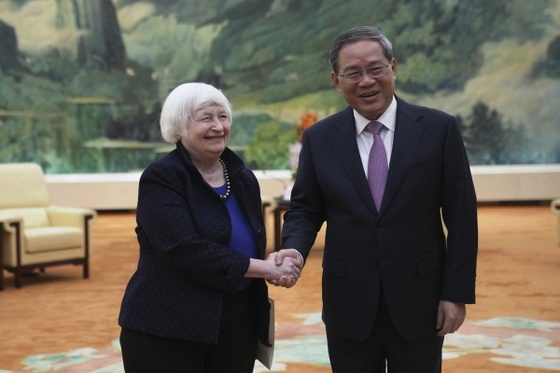
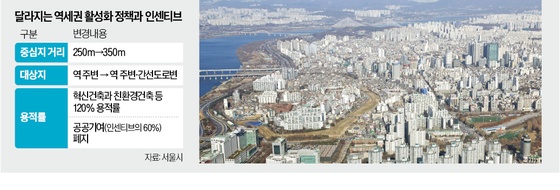




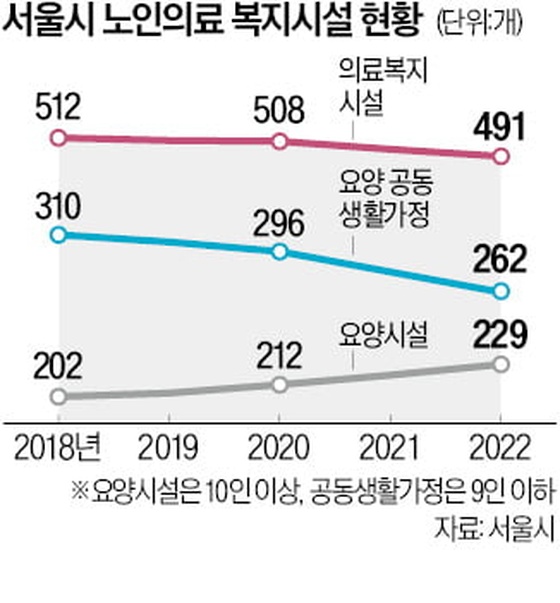

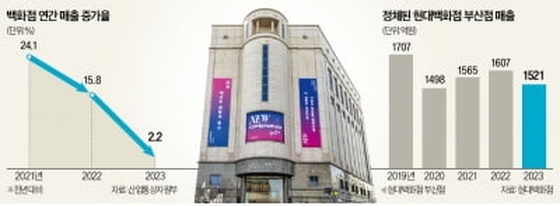
![르세라핌, 美서 라이브 '대참사'…'K팝 아이돌' 논란 터졌다 [이슈+]](https://timg.hankyung.com/t/560x0/photo/202404/01.36438208.3.jpg)